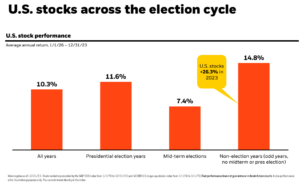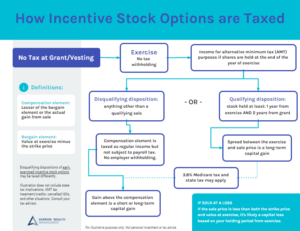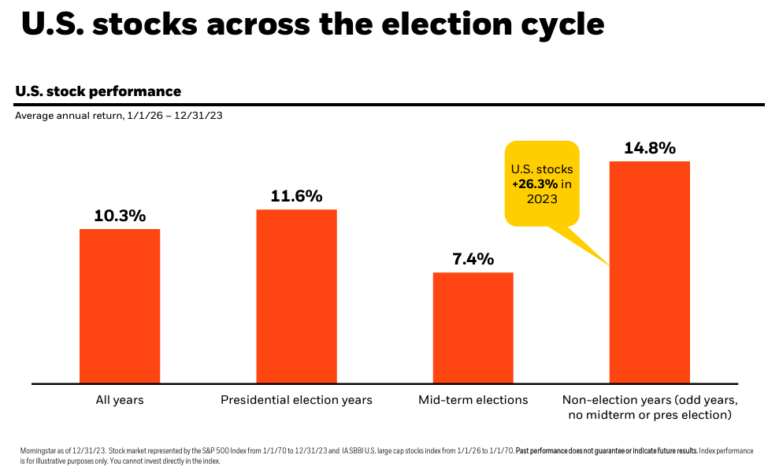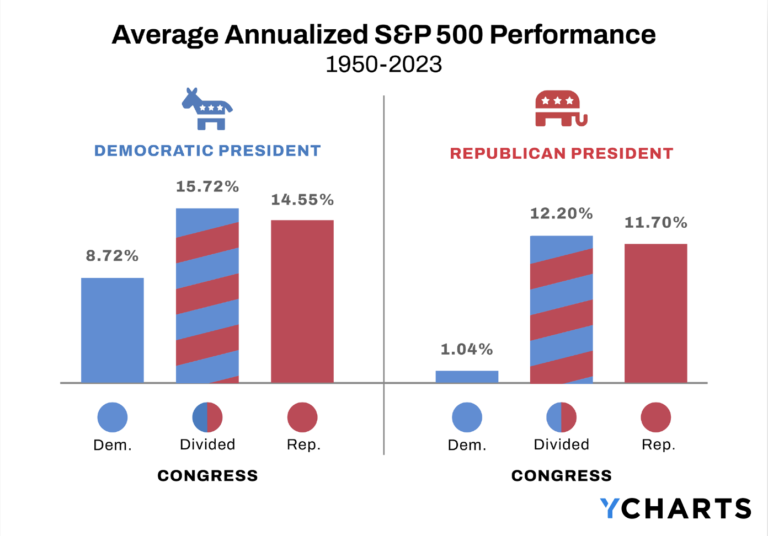Donating appreciated stock to charity can be a great way to give back and reduce your tax bill. Taxpayers who itemize get a tax deduction for the market value of the stock. Unlike regular stock sales, when giving stock, there’s no capital gain. The charity receives the full value of the stock (usually in cash). For taxpayers with highly appreciated securities and a desire to give back, it’s a win-win.
Donating stock to charity with a donor-advised fund
A donor-advised fund is the easiest way to donate stock to charity. You can set up a fund easily at institutions like Schwab, Fidelity, or Vanguard. It takes time to open and complete your gift so plan accordingly.
When a publicly traded stock is donated to a donor-advised fund, it’s sold, and the fund receives cash. Donors can control the timing and charitable recipient of funds, provided it is an IRS-qualified public charity.
Donating stock to charity with a donor-advised fund (DAF) is a two-step process. Funding your DAF is step one, the second step is sending funds from your donor-advised fund to charity. These two steps don’t need to happen in the same tax year. The timing of the irrevocable gift to your donor-advised fund dictates the tax year when you can take the deduction.
If you itemize your deductions, you can take a charitable deduction for the fair market value of the asset, up to 30% of adjusted gross income (AGI) for federal taxes. There is a five-year carry forward for unused deductions. Speak with your tax advisor about state tax implications and potential planning opportunities.
Rules and best practices
There are a few rules and best practices when donating stock to charity:
- You must have owned the stock, bond, ETF, or mutual fund for at least a year (long-term)
- Shares of public and private stock can be donated
- Stock from vested restricted stock units/awards, or shares from an exercise of non-qualified stock options held for over one year provide the greatest tax benefits when donated to charity over other forms of equity compensation
- All else equal, shares with the largest unrealized long-term capital gain make the best candidates for gifting. You can select specific lots for giving
- Consider diversifying a concentrated holding by giving stock to charity
- If you have an unrealized loss, consider harvesting the loss and donating cash instead
- Bunching donations, or making several years of gifts in one year, can help ensure taxpayers benefit from itemizing deductions
- Consider the cost of giving appreciated securities versus other approaches. Donor-advised funds charge fees and privately held assets require a valuation
Give wisely
If you don’t have appreciated securities in a brokerage account to donate to charity, don’t worry. Consider these other tax-saving gifting strategies. Also speak with your financial advisor about your charitable goals.
Article written by Darrow Advisor Kristin McKenna, CFP® and originally appeared on Forbes.










